Is Cape Town Safe for Tourists?
Cape Town is one of the world's most popular tourist destinations, celebrated for its stunning landscapes, iconic landmarks, and vibrant culture. While the city is generally safe for visitors, it is still important to remain vigilant and take basic precautions. This guide provides practical advice to help you enjoy a safe and memorable trip to the Mother City.
Despite some areas being less secure, Cape Town remains highly recommended by travel experts year after year. Like many major cities worldwide, it has designated safe zones for tourists, and most visitors explore the city without incident. With awareness and careful planning, you can confidently experience everything Cape Town has to offer.
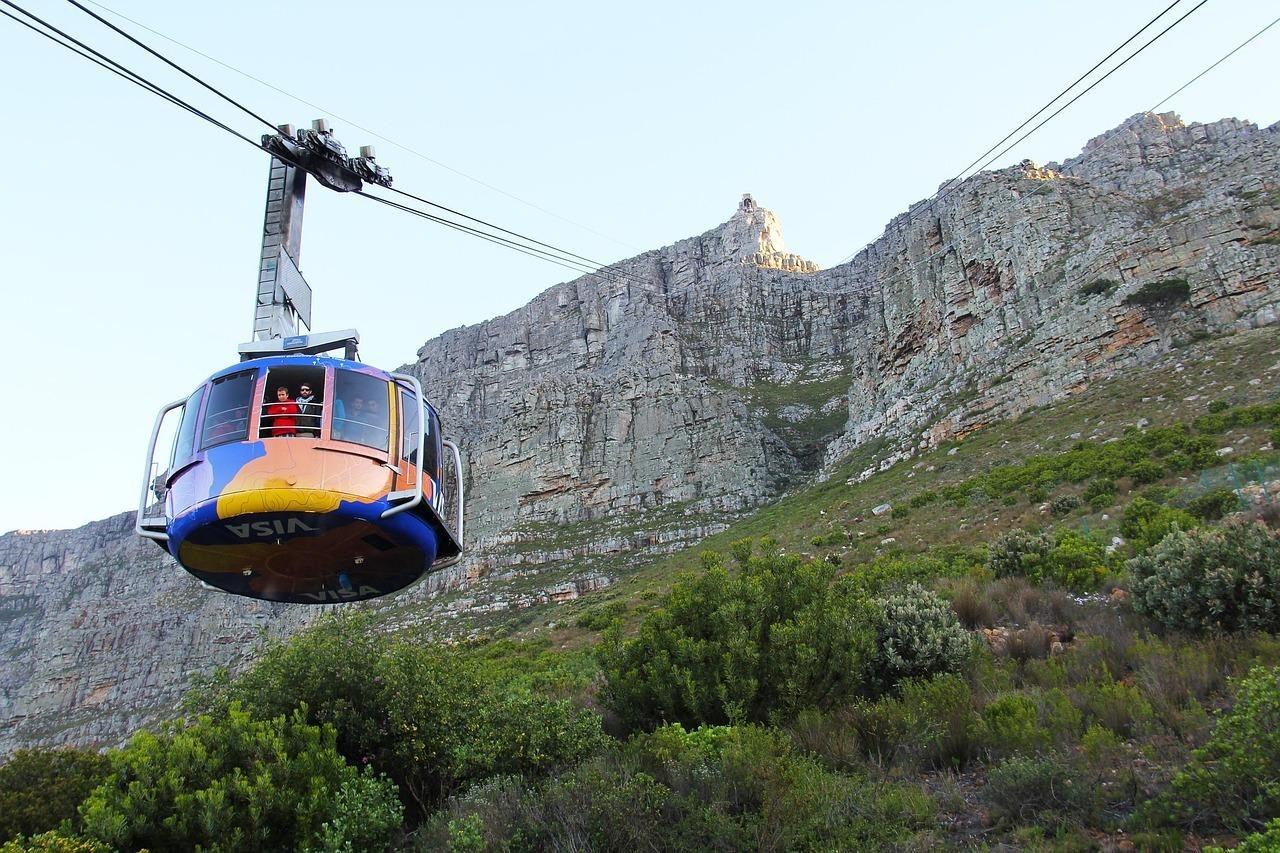
South Africa's crime statistics can appear concerning at first glance, but it's important to put them into context. While petty theft and minor incidents do occur, serious crimes are largely confined to specific, poverty-stricken areas that are far from popular tourist spots such as the Atlantic Seaboard.
By adopting a streetwise approach and remaining mindful of your belongings, you can significantly reduce any risk during your visit.
Key Safety Guidelines
- Petty Theft: Be cautious in crowded areas and keep valuables secure. Using a waist pouch or crossbody bag can help prevent pickpocketing.
- High-Risk Areas: Avoid informal settlements and poverty-stricken neighbourhoods unless visiting with a reputable guide.
- Personal Awareness: Always stay alert, particularly at night, and avoid poorly lit or deserted streets.
By adopting a streetwise attitude and being mindful of your belongings while exploring the city, you can enhance your safety in Cape Town. Following a few simple rules, as outlined in this guide, will greatly contribute to ensuring that Cape Town is as safe as other renowned tourist destinations
Where Should I Stay in Cape Town?
Choosing accommodation in safe, well-regarded neighbourhoods is essential for a worry-free holiday. The areas listed below are part of City Improvement Districts (CIDs), which means they benefit from enhanced security, regular street cleaning, and litter removal, creating a more pleasant and secure environment for visitors.
Click here to learn more about the City Improvement Districts.
Recommended Areas for Tourists
- Camps Bay: Stunning beaches, trendy restaurants, and secure holiday villas.
- Clifton: Exclusive, scenic, and ideal for privacy and safety.
- Sea Point: Vibrant, family-friendly, with excellent access to the city's attractions.
Booking through a reputable agency like Nox Cape Town ensures you secure a high-quality villa or apartment in these desirable areas, complete with safety features and local support.
Yes, Cape Town is a safe and enjoyable destination for families, provided you take sensible precautions. The city offers a wide range of family-friendly activities, from pristine beaches to nature adventures and cultural experiences, ensuring there is something for every age group.
Staying in secure, well-maintained accommodation is key to a worry-free holiday. Villas and apartments booked through Nox Cape Town come equipped with safety features such as alarms, panic buttons, and connections to professional security companies, giving parents peace of mind while exploring the city.
Family Safety Tips
- Always lock windows and doors and activate alarms when leaving your accommodation.
- Familiarise yourself with the alarm system and panic button locations.
- Store valuables securely and teach children to be aware of their surroundings.
With these precautions in place, families can confidently enjoy all the attractions Cape Town has to offer.
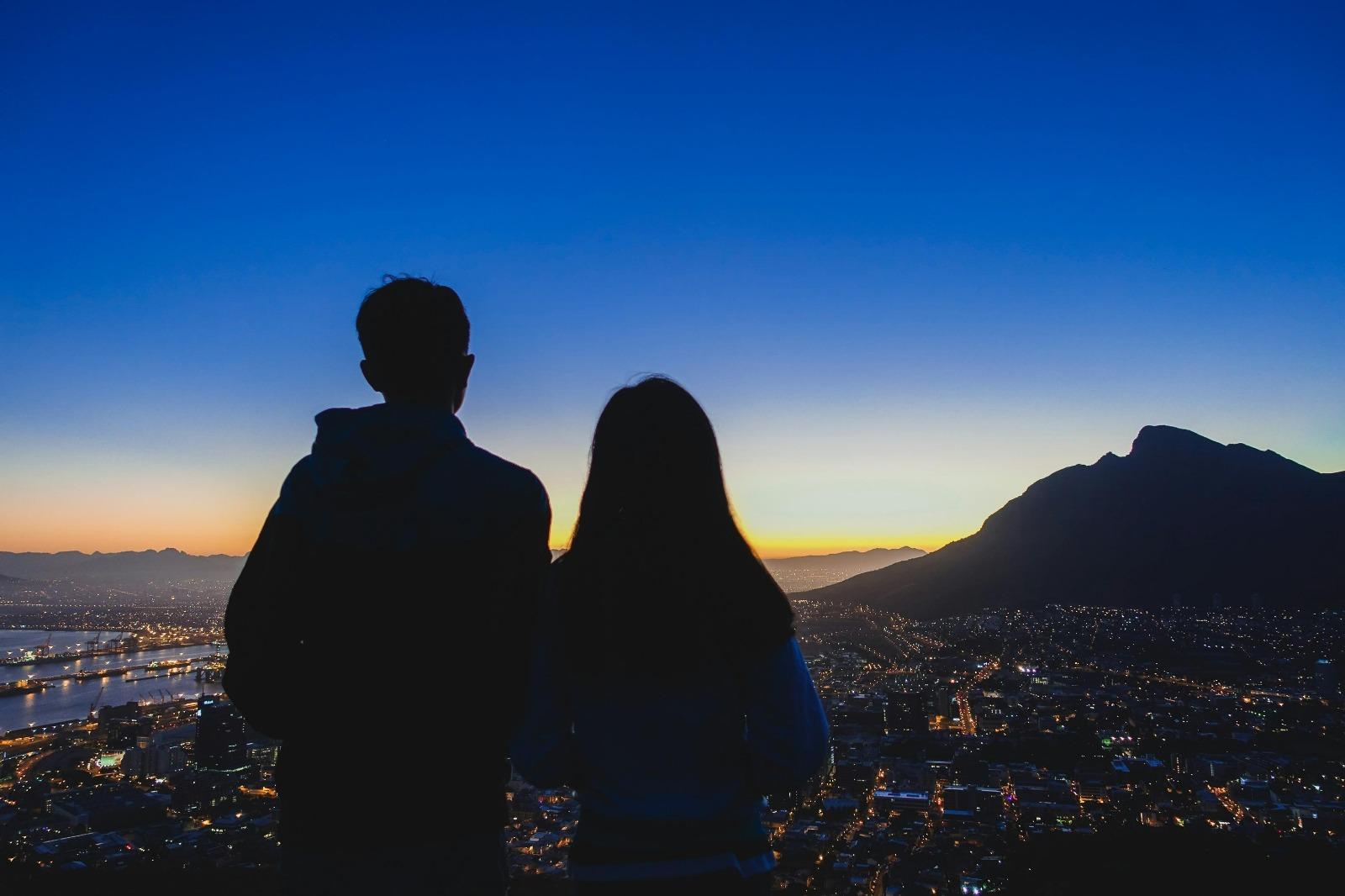
While Cape Town is largely safe, taking simple precautions ensures an enjoyable experience.
ATMs and Banking
- Withdraw cash from ATMs during the day in secure, well-lit locations.
- Prefer bank branches or guarded shopping centres like V&A Waterfront or Gardens Centre.
- Do not accept assistance from strangers at ATMs.
- Conceal cash immediately after withdrawal.
Driving and Parking
Driving in Cape Town is generally safe, but taking a few common-sense precautions will ensure your journey around the city remains secure and stress-free.
Vehicle Security
- Keep all car windows rolled up, especially in busy areas like the City Centre, Sea Point, or along popular tourist routes.
- Always lock your doors before starting your journey, even if you are parked for a brief stop.
- Store handbags, wallets, cell phones, cameras, and other valuables out of sight, ideally in the boot or a secure compartment. Avoid leaving any items on seats or dashboards, as visible belongings can attract opportunistic theft.
Parking and Car Guards
- It is common to encounter car guards in Cape Town - individuals who voluntarily watch over your parked vehicle. Tipping is customary but not obligatory. A small gesture of R10–R20 per car is appreciated. Always assess the situation; avoid tipping if the car guard appears intoxicated or unsafe.
- Remember that car guards do not replace your responsibility to secure your vehicle. Always lock your car and keep valuables hidden, regardless of their presence.
- Pay any required parking fees or meters, even if a car guard is assisting you. In the City Centre, parking marshals equipped with handheld devices ensure accurate calculation of street parking fees. Following these rules prevents fines and avoids disputes.
Tips for Safe Parking
- Prefer guarded or secure parking facilities when visiting shopping centres, restaurants, or attractions.
- Avoid parking in isolated or poorly lit areas, particularly at night.
- When using metered street parking, take note of time limits to prevent fines and ensure you return before the meter expires.
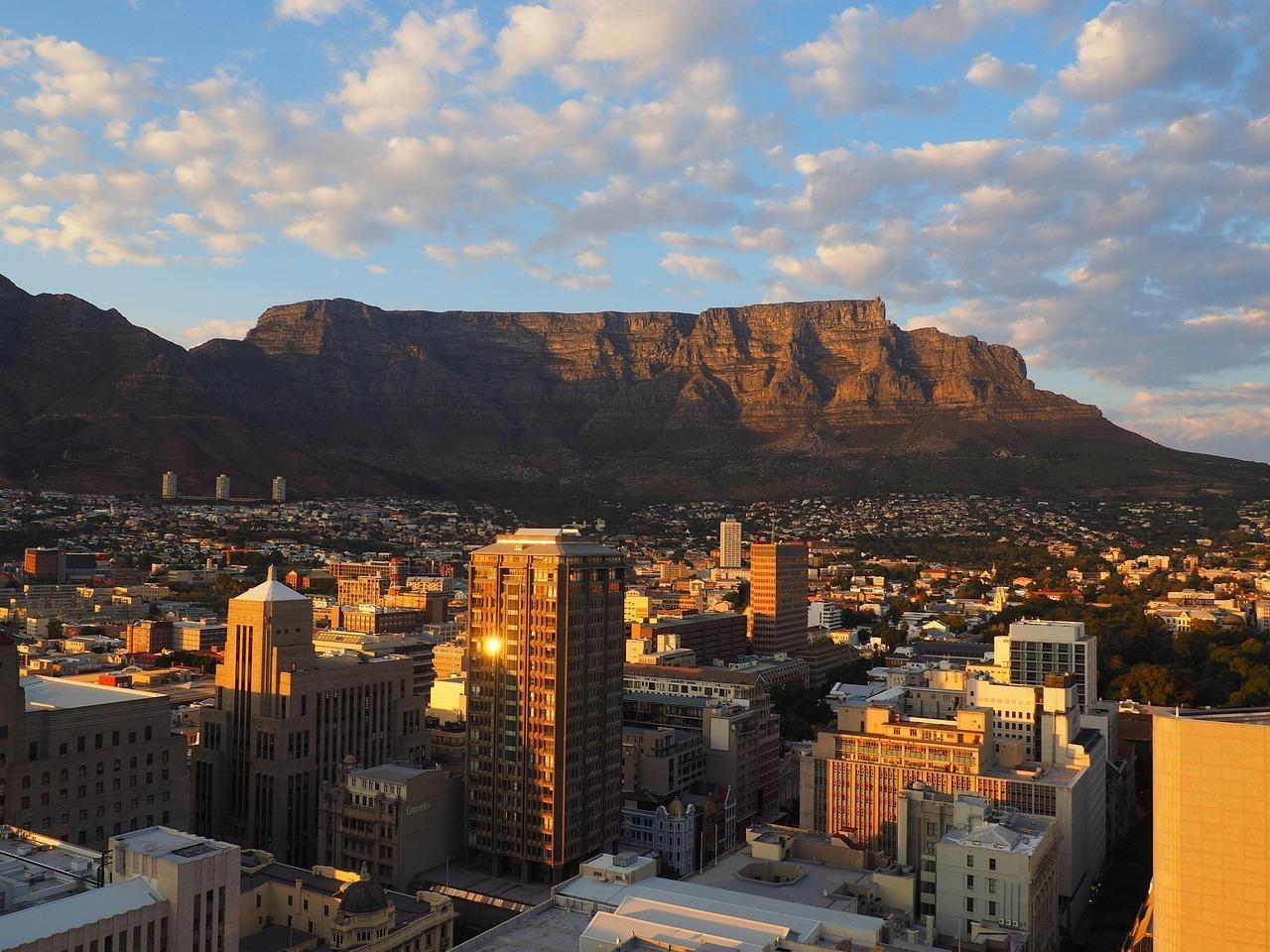
Beggars and Street Children
While visiting Cape Town, you may encounter beggars or street children at traffic lights, outside shops, or in busy tourist areas. This is a reality in many major cities around the world.
The City of Cape Town encourages visitors not to give money directly to individuals on the street. Although it may feel difficult to decline, direct cash handouts can unintentionally contribute to ongoing street dependency. If you would like to support vulnerable communities in a meaningful way, consider donating to registered charities or organisations focused on long-term solutions to homelessness and community upliftment.
Nox Cape Town partners with Ignisive, an organisation dedicated to community upliftment initiatives. Supporting structured programmes like these helps create sustainable impact.
How to Handle Street Requests
- Remain calm, polite and firm if declining.
- Avoid displaying cash or valuables in public.
- Keep car doors locked at traffic intersections.
- Trust your instincts and remove yourself from any situation that feels uncomfortable.
Nightlife and Public Transport in Cape Town
Cape Town is renowned for its vibrant nightlife, from stylish bars and restaurants to live music venues and late-night events. While the city is generally safe, taking precautions ensures your evenings remain enjoyable and incident-free.
Nightlife Safety Tips
- Travel with companions: Exploring the city in groups is safer than walking alone, especially at night.
- Stick to well-lit areas: Popular nightlife districts such as Long Street, Kloof Street, Bree Street, De Waterkant, and Sea Point are lively and generally safe, but remain vigilant in crowded spaces or dimly lit alleys.
- Plan your route: Familiarise yourself with the locations of your accommodation, transport options, and nearest 24-hour establishments before heading out.
- Avoid isolated areas after dark: Beaches, mountain trails, and quiet side streets can pose risks in the evening. Stick to populated areas with good lighting.
- Mind your belongings: Keep wallets, phones, and other valuables secure in pockets or small crossbody bags. Avoid openly displaying expensive items.
Using Public Transport Safely
- Reputable taxis: Services like Intercab, Unicab, and Rikkis Taxis are widely used by locals and tourists. Always verify your driver and vehicle before entering, and trust your instincts if something feels off.
- MyCiti Bus: This modern, well-regulated bus service is a safe alternative to Metrorail trains, connecting key areas including the airport, city centre, and suburbs.
- Ride-sharing apps: Uber and Bolt are popular, secure options for evening travel. Always confirm the vehicle and driver details before entering.
- Walking at night: Only walk in well-populated areas and avoid shortcuts through backstreets or unlit paths.
Sightseeing in Cape Town
Cape Town is a city full of breathtaking sights, from the iconic Table Mountain and Cape Point to the colourful streets of Bo-Kaap and pristine beaches along the Atlantic Seaboard. While exploring these attractions, prioritising your personal safety and protecting your belongings will ensure an enjoyable and worry-free experience.
- Dress casually and blend in: Avoid flashy or overly expensive clothing that might draw unwanted attention. Comfortable shoes are recommended for walking and exploring.
- Secure your valuables: Use a waist pouch or crossbody bag for electronics, cash, and travel cards. Keep your bag in front of you in crowded areas such as markets, tourist spots, or public transport.
- Minimise jewellery and electronics on display: Leave expensive watches, rings, and necklaces at home. If you carry a camera or phone, only use it when necessary, preferably in cafes, shopping areas, or during guided tours.
- Be mindful of pickpockets: Crowded attractions and public transport can be prime spots for petty theft. Always keep an eye on your belongings and consider a small, inconspicuous bag for daily essentials.
- Respect local norms and surroundings: In areas like Bo-Kaap or religious sites, dress modestly and follow local guidelines. This not only keeps you safe but also shows respect to the local community.
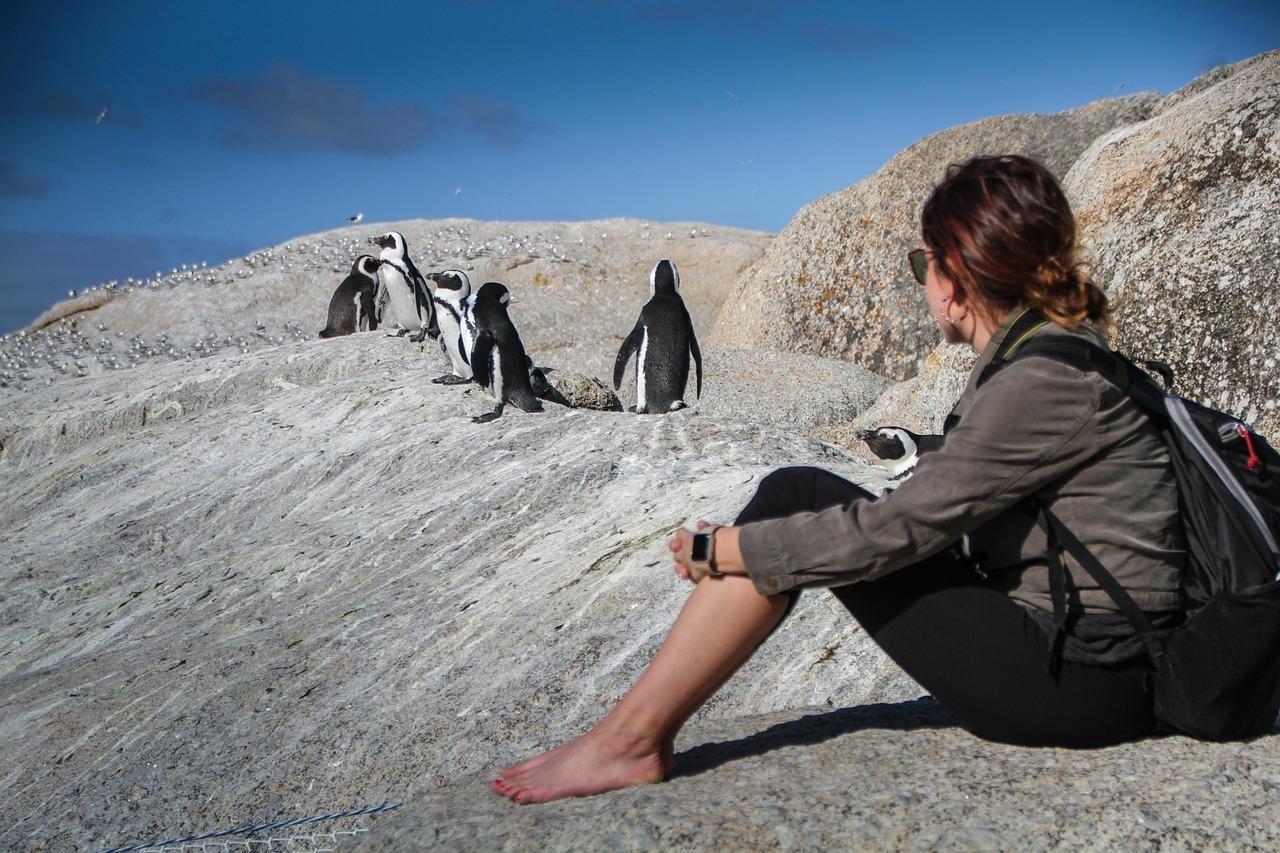
Travel Documents and Essentials
Protecting your travel documents and planning for emergencies is crucial when visiting Cape Town. A little preparation goes a long way toward peace of mind.
- Secure your passports and ID: Keep your passport, ID, and any important documents in the accommodation safe. Carry certified photocopies when sightseeing, so originals are not exposed unnecessarily.
- Backup copies: Store additional certified copies of passports or travel documents in your luggage, separate from the originals, to ensure you can access them if needed.
- Water and hydration: Tap water in Cape Town is generally safe to drink. Avoid drinking from rivers, streams, or mountain sources unless accompanied by a qualified guide. Always carry a refillable water bottle when exploring the city.
- Be mindful of water conservation: Cape Town and the Western Cape are drought-prone regions. Conserve water whenever possible, such as reusing towels in hotels or limiting shower time.
- Emergency essentials: Carry a small day pack with a phone, local map, sunscreen, and snacks to prepare for unexpected situations while sightseeing.
Wildlife
Cape Town is surrounded by diverse natural environments, from mountains to coastal reserves, offering visitors the chance to encounter fascinating wildlife. While these experiences are rewarding, it is important to exercise caution and respect local animals.
- Small mammals and birds: You may spot rock dassies (hyrax) on Table Mountain, Chacma baboons near Cape Point and mountain passes, and a variety of bird species throughout the city and reserves. Observe them from a safe distance — never attempt to feed, touch, or approach wild animals, as this can provoke aggressive behaviour.
- Insects and arachnids: Ticks can be found in long grass and mountain trails, while mosquitoes may appear near water sources. Although mosquitoes in the Western Cape are not malaria carriers, they can be a nuisance. Keep skin covered or use insect repellent when hiking or picnicking.
- Spiders, scorpions, and snakes: Small spiders and scorpions may be present in natural areas, while snakes, including non-venomous and a few venomous species, inhabit the mountains and reserves. Avoid reaching into crevices or tall grass, and always check shoes and clothing before putting them on.
Observing wildlife responsibly ensures both your safety and the protection of local species. Enjoy the encounters from a respectful distance and use binoculars or cameras for closer views.
Baboon Safety Tips
- Do not feed baboons: Feeding encourages them to approach humans and can lead to aggressive behaviour. All natural foods and snacks should be kept securely packed.
- Keep a safe distance: Observe baboons from a minimum of several metres away. Use binoculars or a zoom lens for photography instead of getting too close.
- Secure belongings: Baboons are notorious for grabbing loose items such as water bottles, bags, cameras, and even shoes. Keep everything zipped and stored safely in backpacks.
- Follow signage and ranger advice: Trailheads and visitor centres provide warnings and guidelines. Heed these instructions carefully.
- Avoid eye contact and sudden movements: Baboons may perceive direct eye contact or quick gestures as a threat. Move slowly and calmly if they approach.
- Panic and guide support: When hiking with a guide or organised group, they are trained to handle baboon encounters. If alone, retreat calmly and do not attempt to chase or provoke the animals.
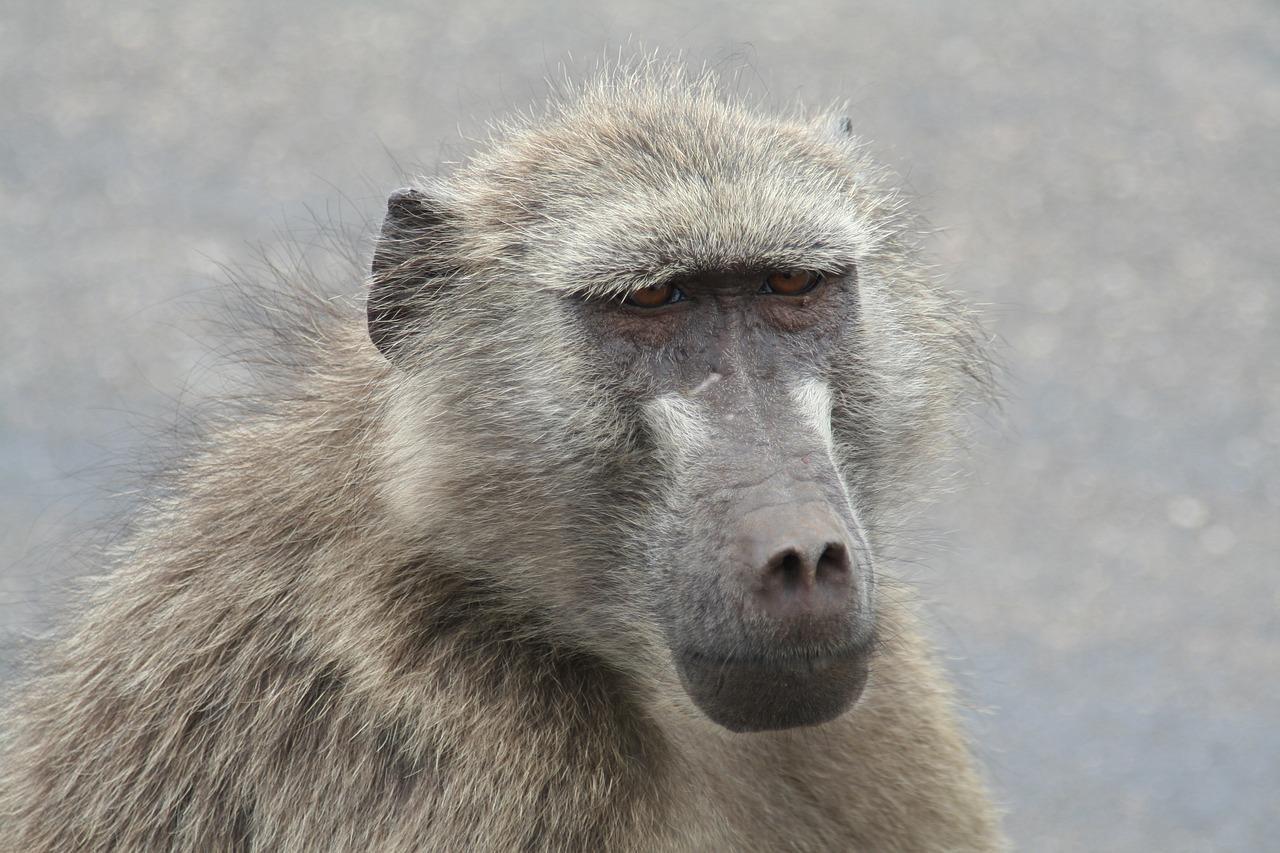
Hiking Tips
Cape Town is a hiker's paradise, with trails ranging from easy coastal walks to challenging mountain routes. Proper preparation and caution are essential to enjoy these adventures safely.
- Hike in groups: Always hike in groups of at least four people. This reduces the risk of accidents and ensures help is available if needed.
- Stick to marked trails: Cape Town's mountains, including Table Mountain, Lion's Head, and Devil's Peak, can be treacherous if venturing off marked paths. Trails are designed for safety and to protect the environment.
- Guided hikes: For tourists, joining a reputable guide or organised hiking group is recommended. Guides are familiar with terrain changes, weather conditions, and wildlife behaviour, significantly enhancing safety.
- Weather awareness: Mountain weather can change rapidly. Even a sunny morning can turn into strong winds or fog. Check the forecast, start early, and be prepared to turn back if conditions worsen.
- Pack essentials: Bring sufficient water, snacks, sunscreen, and a warm or waterproof jacket, even on short hikes. A small first aid kit and a fully charged mobile phone are also advised.
- Respect nature: Do not feed wildlife, litter, or disturb natural habitats. Leave no trace to help preserve the beauty and safety of Cape Town's outdoors for everyone.
Informal Settlements
While township tours are a well-liked tourist activity, it is important to consider the safety aspect when venturing into informal settlements.
Please be aware that it is highly unsafe to explore a township on your own during a DIY or self-drive township tour. Informal settlements can be intricate to navigate, and apart from the risk of getting lost, you might unintentionally encounter dangerous situations.
For an authentic experience of everyday life in an informal settlement, consider booking a township tour with a reputable operator. By doing so, you can explore these areas while ensuring your safety and peace of mind.
Illicit Drugs
Marijuana has garnered considerable media attention in South Africa, as it is now legal to consume it within the confines of your own private space. The smoking of or use of marijuana in public areas is illegal and can lead to fines or legal action.
It is important to note that purchasing drugs from illegal sources remains strictly unlawful. The South African Police Services maintains a firm stance against the acquisition, possession, and distribution of narcotics in the city. Engaging with illegal drug suppliers not only violates the law but can also put you at serious personal risk.
Therefore, it is imperative to emphasise that buying or using illicit substances while vacationing in Cape Town is unsafe and strongly discouraged. We highly recommend refraining from any drug-related activities during your stay to ensure a safe, enjoyable, and trouble-free holiday.
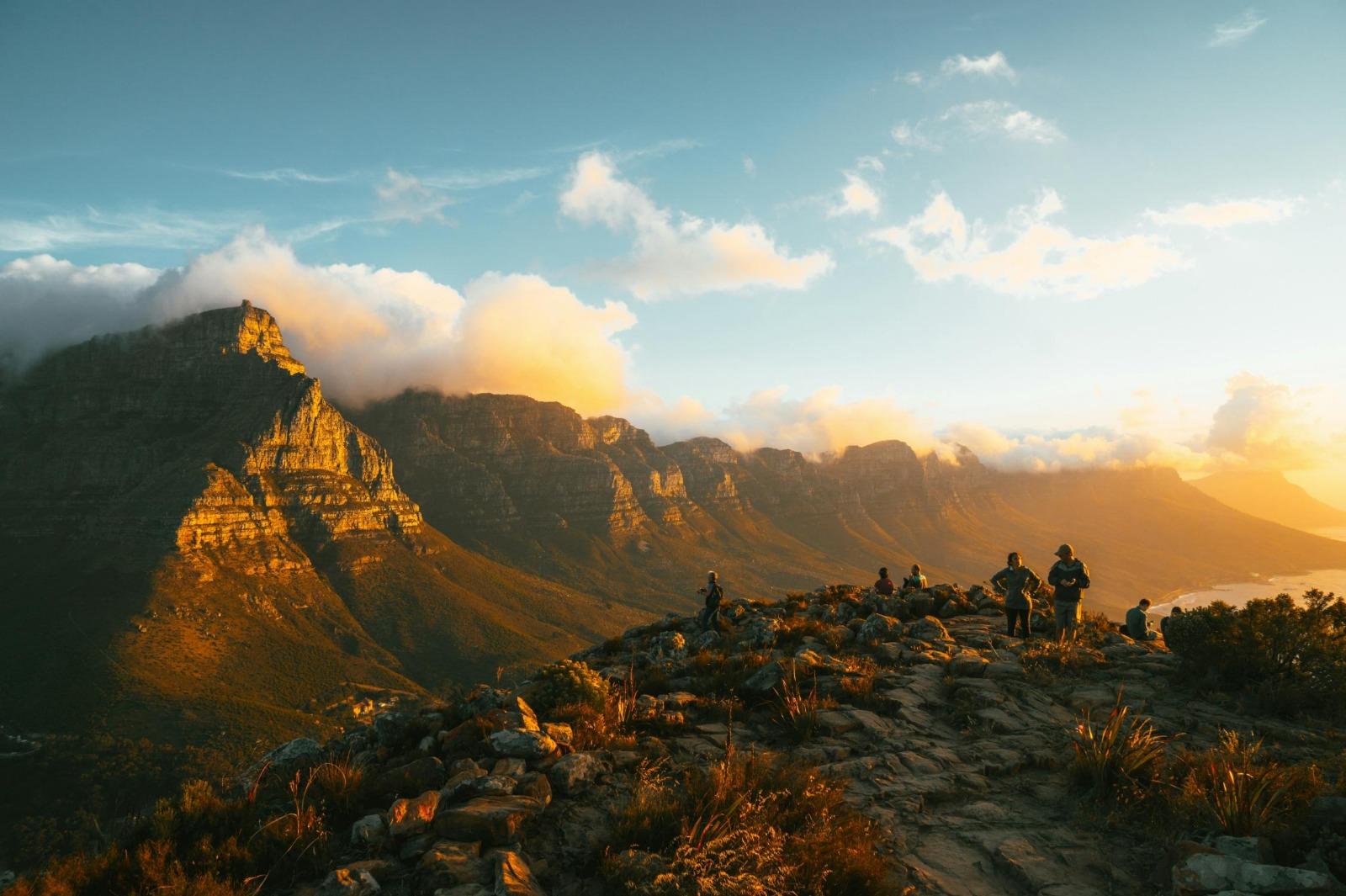
- 24/7 support is available for guests booked through Nox.
- Alarm systems are connected to professional security companies.
- Police: 10111
- Ambulance: 10177
- Fire Emergencies: 107
- Sea & Mountain Rescue: 021 449 3500
- National Sea Rescue Institute: 087 094 9974
- Baboon Hotline: 071 588 6540
- Shark Spotters: 078 174 4244
- Poisons Information Helpline of the Western Cape: 0861 555 777
Conclusion
Cape Town is a captivating and rewarding destination for tourists, families, and adventure seekers. By choosing safe accommodation, remaining aware of your surroundings, and following practical safety tips, you can enjoy all the beauty, culture, and experiences the city has to offer — confidently and securely.
Book your stay with Nox Cape Town for peace of mind and access to some of the city's safest and most beautiful neighbourhoods.

